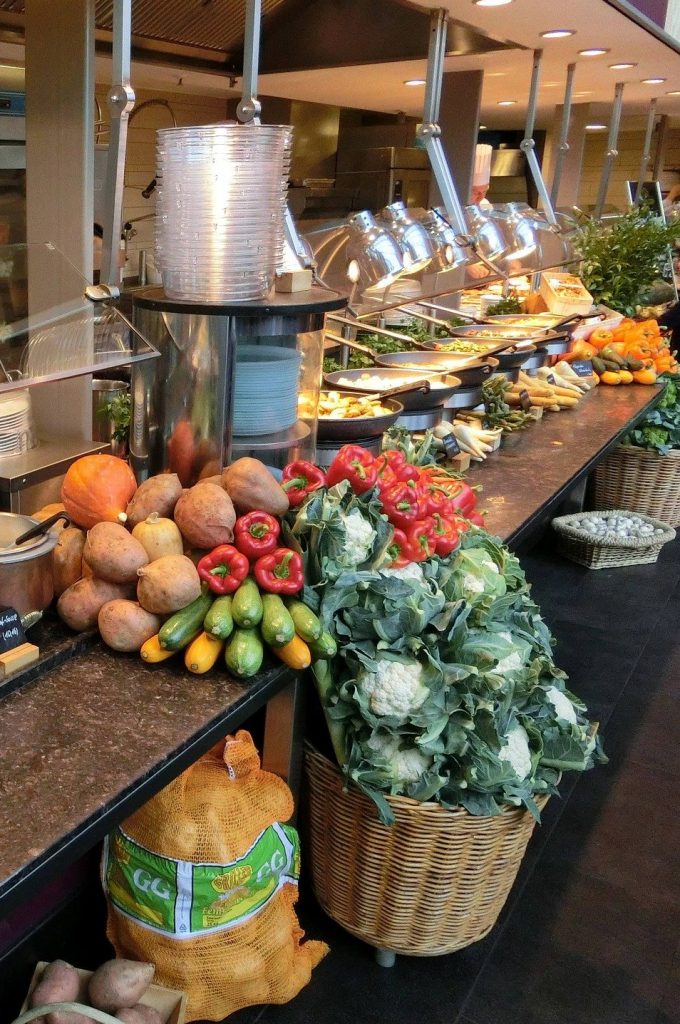The agri-food sector is a key motor of the EU economy. In 2014, a total turnover of nearly 4 trillion euros was produced by agriculture, food industry, wholesale and retail together, with over 23 million people employed along the supply chain. However, current food systems face great challenges related to their level of sustainability, especially concerning the scarcity of environmental resources to feed the growing world population, the impact of food production on climate change and the issues of food security, malnutrition and inequality in food availability.
The loss and waste of food at all stages of the food value chains, including consumption, hinders the sustainability of food systems by touching several of these issues. Food loss and waste are estimated to amount to 88 million tonnes per year in Europe, corresponding to about 20 % of the total food produced.
Reducing food losses and waste is crucial to meet the Sustainable Development Goals, set by the international community as part of the UN 2030 Agenda for Sustainable Development, especially SDG 12.3 that specifically addresses food waste reduction, and those related to climate change (SDG 13). Reducing food waste will also help to save nutritious food to eradicate hunger and malnutrition (SDG 2), to save money for farmers, companies and households. The EU is committed to halve per capita food waste at the retail and consumer level by 2030 and reducing food losses along the food production and supply chains. To reach this target, all actors in the food value chains should be involved, from those who participate in agricultural production to food processors, retailers, the hospitality sector and the public food service, and consumers themselves for what concerns at-home food consumption.
